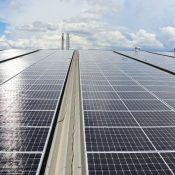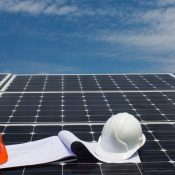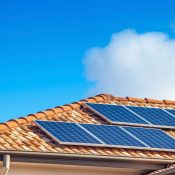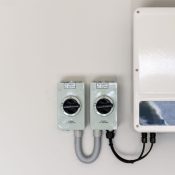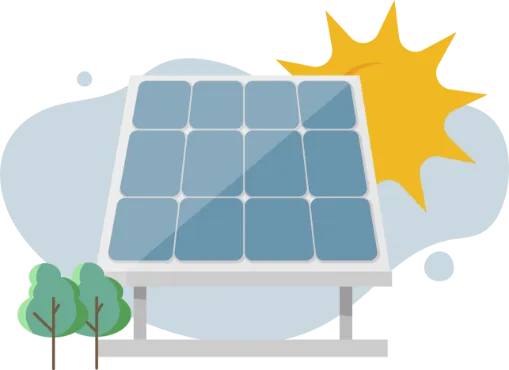Solar Panel Size and Weight Guide for Homeowners

Are you looking for how big solar panels really are and whether your roof can handle their weight? For many Irish homeowners, these are the first questions that come up when thinking about solar energy.
Choosing the right system isn’t just about cost or savings, the size and weight of each panel affect how many you can fit, how safely they sit on your roof, and how much electricity they generate.
This solar panel size and weight guide for homeowners explains the key facts in simple terms, helping you understand dimensions, weight, and performance. By the end, you’ll know what to expect and how to plan a system that works for your home.
Let’s start!
What Do We Mean by “Size” and “Weight” of Solar Panels?
When we talk about the size of a solar panel, we are referring to its physical dimensions – the length, width, and thickness of each unit. This size also links closely to the panel’s power rating, measured in watts (W).
In Ireland, most homeowners install panels that range between 1.6 m to 2 m in height and just over 1 m in width, which usually provide between 300 W and 400 W of power. The bigger the panel, the more sunlight it can capture, but the available roof space will determine how many can be fitted.
The weight of a solar panel is equally important, especially for Irish homeowners with older or slate roofs. A single panel usually weighs between 18 kg and 25 kg, and when you add mounting equipment and wiring, the total load increases.
This weight needs to be spread safely across the roof, so installers assess the structure before fitting. Considering both size and weight helps ensure that your solar system is effective, safe, and suited to your property.
What Are The Typical Solar Panel Sizes & Weights in Ireland?
Most solar panels installed in Irish homes fall within a standard range, but it’s useful to understand the common measurements and weights before planning your system.
Standard Panel Dimensions
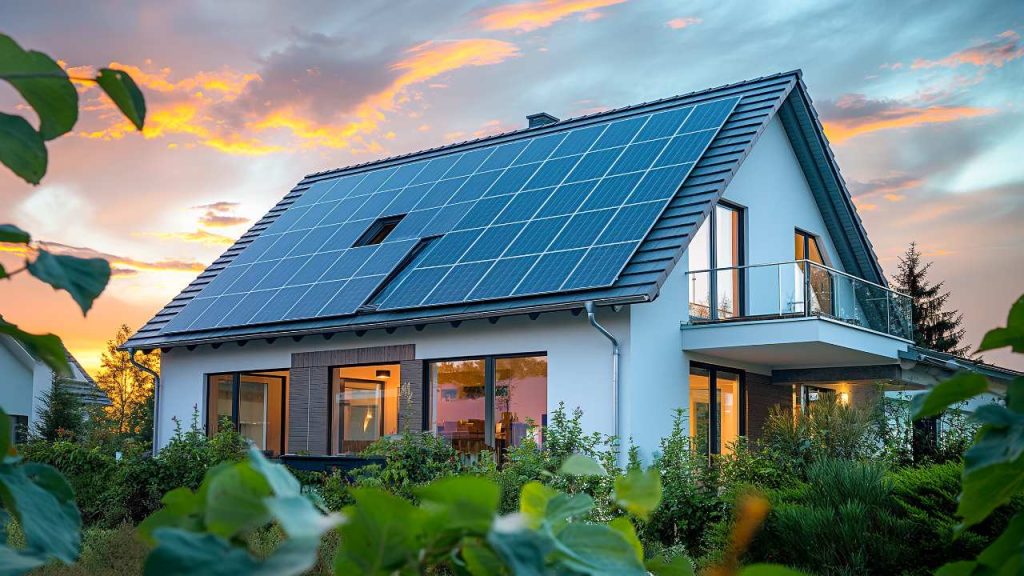
Most residential panels measure around 1.6 to 2 metres tall and just over 1 metre wide. This size makes them suitable for semi-detached and detached homes across Ireland, as they balance efficiency with manageable roof coverage.
Average Panel Weight
A single panel usually weighs between 18 kg and 25 kg, depending on the brand and technology used. When combined with mounting frames and wiring, the system load increases, which is why a structural check of the roof is vital.
Weight per Square Metre
On average, solar panels add around 10 to 15 kg per square metre to a roof. This is generally well within the safe limit for most Irish homes, but installers still confirm the roof’s condition before installation.
Popular System Sizes
Typical Irish households install systems ranging from 3 kWp to 5 kWp, which equates to roughly 8 to 12 panels. Larger homes or those planning to charge electric vehicles may opt for systems of 6 kWp or more, requiring more roof space and added weight.
What Is The Impact of Size & Weight on Cost, Installation, and Performance?
The size and weight of solar panels do not just affect your roof space , they also play a role in how much you pay, how the system is fitted, and how well it works over time.
Installation Costs
Larger or heavier panels can take more time and effort to install, which may increase labour costs. Installers also need to use additional mounting equipment, which adds to the overall expense.
Structural Considerations
The total system weight must be safely supported by your roof. Older Irish homes, especially those with slate roofs, may require reinforcement before panels can be fitted, adding to upfront costs.
System Performance
Bigger panels often generate more electricity, but efficiency depends on roof orientation, shading, and space available. Smaller panels may be easier to arrange, making them more suitable for roofs with limited area.
Long-Term Value
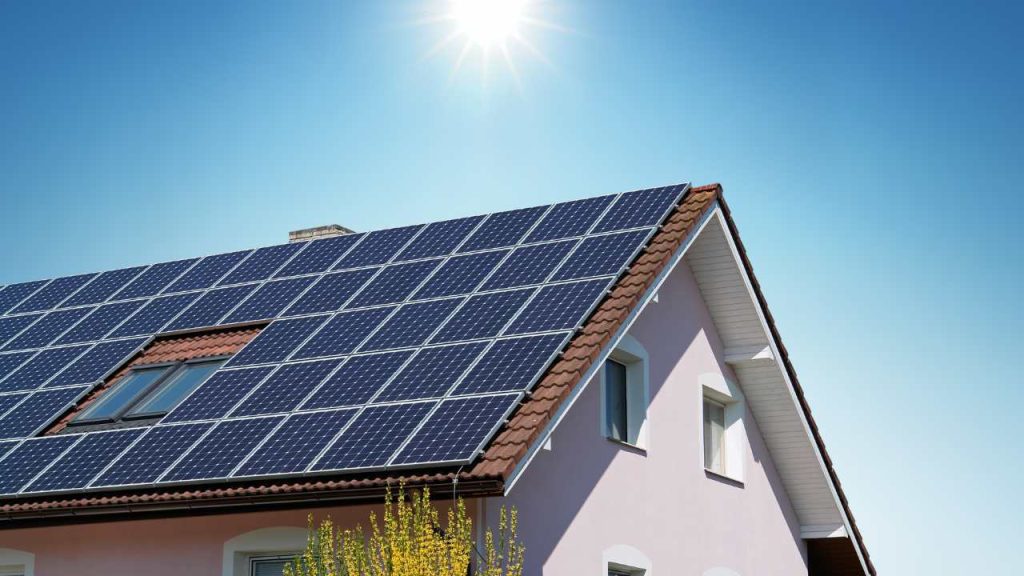
Choosing the right balance between panel size and weight helps ensure good output without placing unnecessary strain on your roof. This is why a solar panel size and weight guide for homeowners is so important when planning your investment.
Maintenance and Durability
Heavier systems may place extra strain on mounting hardware over the years. Regular maintenance checks ensure that bolts, brackets, and fixings remain secure. This helps avoid long-term issues and protects both your panels and your roof structure.
Energy Savings vs. Investment
While larger panels can deliver more electricity, the added cost of installation and roof work must be balanced against expected savings. A well-planned system ensures you get strong returns without overspending, making your solar investment both practical and cost-effective.
Conclusion
This solar panel size and weight guide for homeowners has explained the typical dimensions, weights, and system sizes used in Ireland, along with their effects on cost, installation, and performance. We’ve also looked at roof suitability, energy needs, and how choosing the right balance ensures safety and long-term value. By understanding these factors, Irish homeowners can make smarter choices when planning solar power for their property.
If you’re ready to explore solar for your home, contact Going Solar today for expert advice, customised solutions, and professional installation services.
Planning a switch to solar energy?
Contact Going Solar now and Get Free Advice & Quote Within Minutes!
Frequently Asked Questions
Contact Going Solar Now!
Joe Brennan
Founder @ Going Solar
Joe Brennan, the founder of Going Solar, is dedicated to making solar power mainstream in Ireland and meet SEAI objectives. With a focus on affordability and sustainability, he is bringing renewable energy solutions to homes, reducing costs & environmental impact.
Recent Posts

